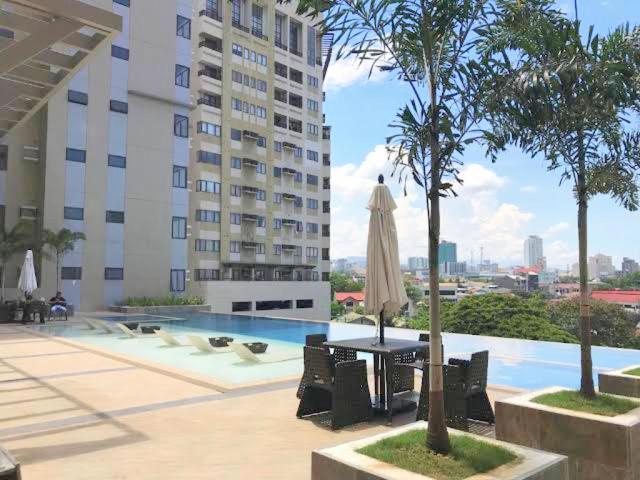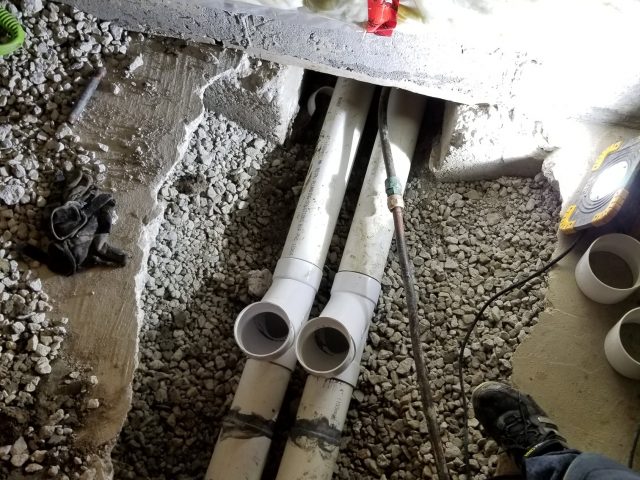Environmental Benefits of Renting Condo
In today’s rapidly evolving world, the choices we make about our living arrangements have significant implications for the environment. With increasing awareness about climate change and the need for sustainable living, more people are considering the environmental impact of their housing decisions. One such eco-friendly option is renting a condo. This article explores the various environmental benefits of renting a condo, illustrating how this choice can contribute to a greener, more sustainable future.
Energy Efficiency
Modern Construction Standards
Condos, particularly those built in the last decade, often adhere to stringent energy efficiency standards. Modern construction practices emphasize sustainability, incorporating features such as energy-efficient windows, superior insulation, and advanced HVAC systems. These elements help reduce energy consumption significantly compared to older housing stock, which tends to be less efficient.
Shared Resources
One of the most notable environmental advantages of renting a condo is the shared nature of resources. In a condo building, heating, cooling, and lighting systems are often centralized, serving multiple units. This collective approach leads to more efficient energy use compared to single-family homes where each unit requires its own systems. Centralized systems can be more energy-efficient due to their scale and the ability to optimize performance for the entire building rather than individual units.
Reduced Carbon Footprint
Proximity to Urban Centers
Condos are frequently located in urban centers or well-developed suburban areas, reducing the need for long commutes. This proximity to workplaces, public transportation, and essential services means that residents can often walk, bike, or use public transit instead of driving. Reduced reliance on cars significantly lowers carbon emissions, contributing to a cleaner environment.
Smaller Living Spaces
Condos generally offer smaller living spaces compared to single-family homes. Smaller spaces require less energy for heating, cooling, and lighting, directly reducing the carbon footprint of each resident. Furthermore, smaller living spaces often encourage a minimalist lifestyle, leading to less consumption and waste generation.
Water Conservation
Efficient Water Use Systems
Many modern condos come equipped with water-saving fixtures such as low-flow toilets, faucets, and showerheads. These fixtures are designed to reduce water usage without compromising functionality. Additionally, some condo buildings implement greywater recycling systems, which reuse water from sinks, showers, and laundry for non-potable purposes like irrigation and toilet flushing.
Shared Landscaping
Condo buildings often feature shared landscaping rather than individual yards. Shared green spaces are typically designed with water conservation in mind, utilizing drought-resistant plants and efficient irrigation systems. This approach minimizes water usage compared to maintaining separate lawns for individual homes.
Waste Reduction
Recycling Programs
Many condo buildings offer robust recycling programs, providing residents with convenient access to recycling bins for paper, plastic, glass, and metal. By facilitating recycling, these programs help reduce the amount of waste that ends up in landfills, conserving natural resources and reducing greenhouse gas emissions from waste decomposition.
Community Composting
Some condos also implement community composting programs, allowing residents to dispose of organic waste responsibly. Composting not only reduces the volume of waste sent to landfills but also produces nutrient-rich soil that can be used for landscaping or gardening, closing the loop on organic waste.
Sustainable Building Materials
Eco-Friendly Construction
The construction of modern condos often incorporates sustainable building materials such as reclaimed wood, recycled metal, and low-VOC (volatile organic compounds) paints and finishes. These materials reduce the environmental impact of construction by minimizing resource extraction and pollution.
Green Building Certifications
Many new condo developments strive for green building certifications such as LEED (Leadership in Energy and Environmental Design) or Energy Star. These certifications ensure that buildings meet high standards for sustainability, energy efficiency, and environmental performance. Living in a certified green building provides peace of mind that your home is contributing to environmental preservation.
Community and Lifestyle Benefits
Encouraging Sustainable Living
Condo communities often promote sustainable living practices among residents. This might include hosting workshops on topics like energy conservation, waste reduction, and sustainable gardening. By fostering a culture of sustainability, condo living can encourage residents to adopt eco-friendly habits in their daily lives.
Shared Amenities
Condos typically offer a range of shared amenities such as gyms, pools, and communal gardens. Sharing these facilities reduces the need for individual ownership and duplication of resources. For instance, a single gym in a condo building can serve hundreds of residents, eliminating the need for separate home gym equipment for each household. Looking for a condo rental? You can check out chuan park condo price for more info.

Urban Density and Land Use
Efficient Land Use
Condos contribute to more efficient land use by accommodating many households within a smaller footprint compared to single-family homes. This higher density living reduces urban sprawl, preserving green spaces and reducing habitat destruction. Efficient land use is crucial for maintaining biodiversity and reducing the environmental impact of human habitation.
Revitalizing Urban Areas
Renting a condo in urban areas often supports the revitalization of city centers. By increasing population density in these areas, condos help reduce the need for expanding infrastructure into undeveloped land. This urban renewal can lead to more sustainable cities, with improved public transportation, better walkability, and more green spaces.
Conclusion
Renting a condo offers numerous environmental benefits, from energy efficiency and reduced carbon footprints to water conservation and waste reduction. Modern condos are designed with sustainability in mind, utilizing eco-friendly materials and incorporating green technologies. The shared nature of resources and amenities further enhances their environmental advantages, making condo living a compelling choice for those committed to sustainable living.
Choosing to rent a condo is not just a personal lifestyle choice but a proactive step towards protecting our planet. By opting for condo living, individuals can significantly reduce their environmental impact, contributing to a healthier, more sustainable future for all.




